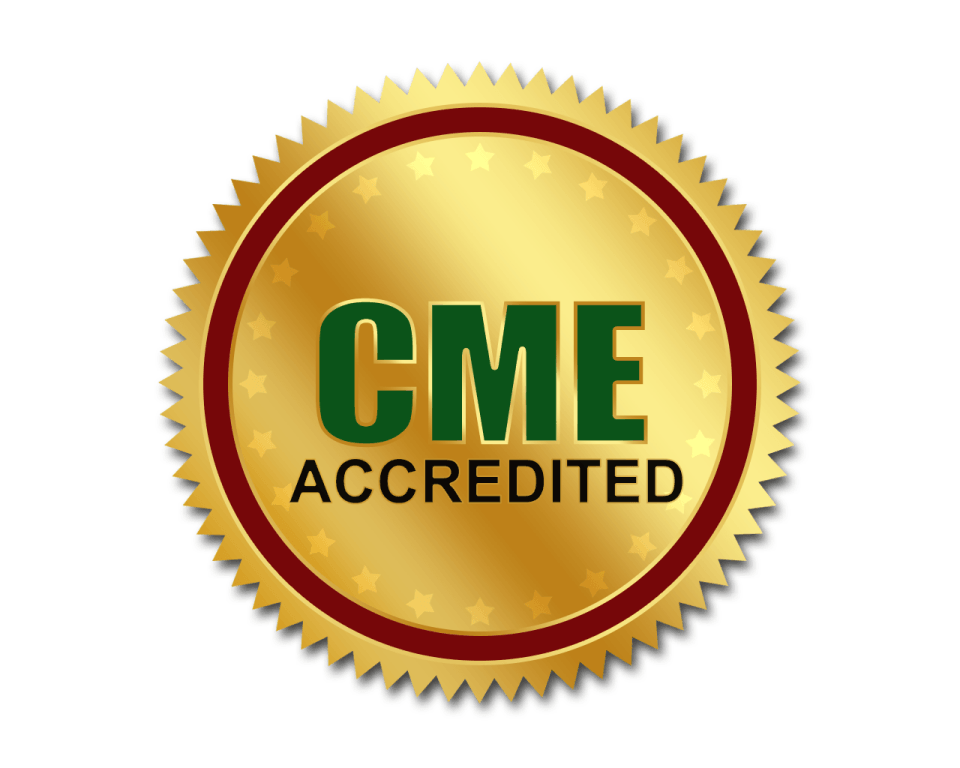
Ichiro Mori
International University of Health and Welfare Mita Hospital, Japan
Title: Digital pathology in diagnostic cytopathology
Biography
Biography: Ichiro Mori
Abstract
Aim: Together with recent advance of digital technology, digital pathology is getting popular. However, conservative pathologists believe the superiority of conventional microscope. This time, I’d like to show advantages of digital cytopathology assuming every glass slides are digitalized at the beginning. Material & Methods: We used toco (CLARO, Japan) as WSI scanner. Distance between 2 points is measured by iViewer (CLARO, Japan). Nuclear area and circumference is measured by eCyto (e-Path, Japan) to compare breast cancer specimen with different grade of nuclear atypia. RGB and gray scale value is decided by Photoshop Elements 13 (Adobe, USA) using oral squamous cell carcinoma specimens. Results: We could easily measure the distance on WSI to describe the invasion depth by micrometer. Breast cancer cells diagnosed grade 3 nuclear atypia showed nuclear area about 1000-3000 micro-square meters while grade 1 cells show 450-700. The orange cytoplasmic color of oral squamous cell carcinoma showed 190-220/R, 60-80/G and 20-50/B while non-neoplastic squamous cell showed 170-190/R, 120-180/G and 110-150/B. We also could describe nuclear chromatin density by gray scale rather than “increased nuclear chromatinâ€. Discussion: Digital images have apparent advantages in image database application where we can retrieve previous images directly from the database with no concern about color fading or slide label peeling off. Moreover, we could show the advantages of digital images by numerical conversion of morphologic features. Describing these so-called “atypical†features by numeric value we may increase the accuracy and the reproducibility of cytological diagnosis that conventional microscopy could not provide.

